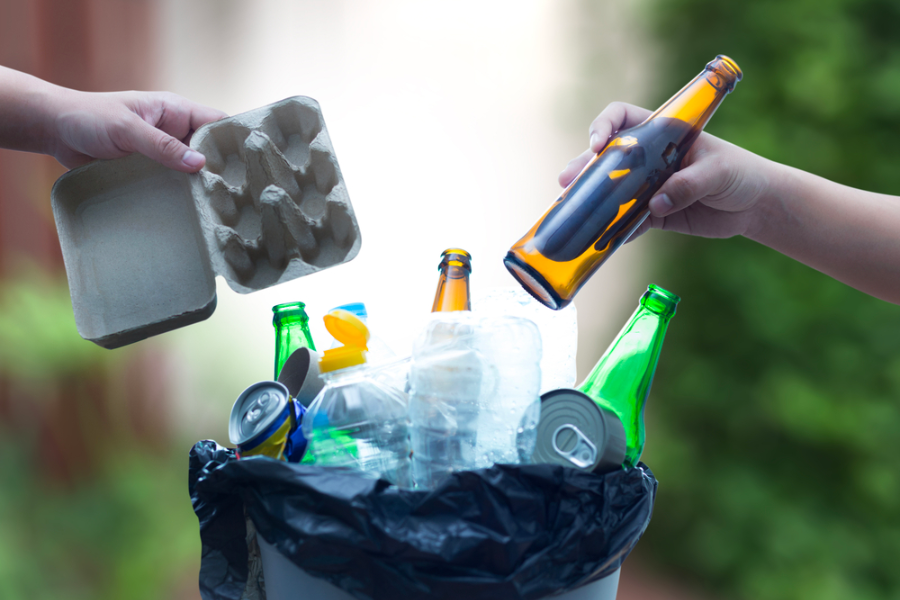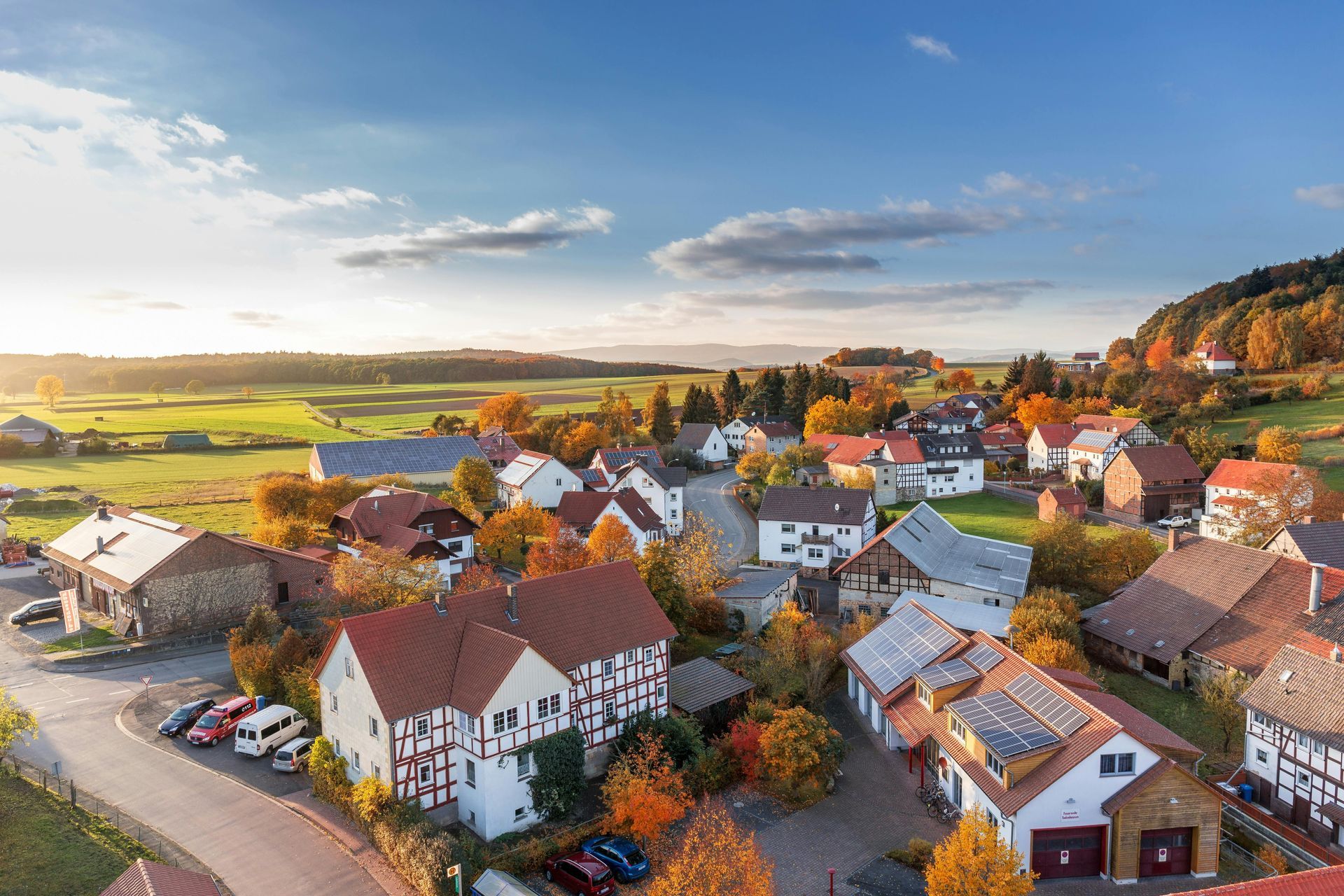Protecting the World’s Largest Geyser Ecosystem with Recycled Tires
October 17, 2017
Among the uses for recycled tires is pavement. Today’s NERC Blog article by Lauren Davis, Public Relations Coordinator at Michelin, talks about a recent project using recycled tires at Yellowstone National Park.
Yellowstone National Park has completed the second phase of its initiative to install more eco-friendly walkways in the world’s largest concentration of geysers and thermal features. With help from the Michelin Corporate Foundation, Yellowstone National Park has so far paved 11,100 square feet of pathway with the recycled material, replacing crumbling asphalt paths.
The new walkways are made from an innovative eco-friendly paving material that is manufactured in part from recycled tires. This new material will help reduce run-off and erosion in the eco-sensitive Yellowstone Geyser Basin, which features the iconic Old Faithful geyser and attracts millions of visitors a year.
The recycled tire pavement is called KBI Flexi®-Pave. This product provides a porous, durable and flexible surface that allows the water from rain and snow to percolate through the walkway the way it would have done before the walkways were installed. This in turn creates more natural water patterns that eventually replenish the geyser basin. Unlike asphalt, this paving material does not create significant storm-water runoff or leach pollutants into the soil. It also does not break apart, which prevents material from ending up in geysers and hot springs.
Some 2,400 tires were donated for the project, with this second phase using 1,536 end-of-life tires to help create thousands of square feet of paths. Most of these tires were originally donated several years ago by Michelin for use on Yellowstone’s more than 800 fleet vehicles and commercial equipment. A total of $1.5 million in donations and in-kind have been used thus far for the project. Around 1,500 volunteer hours have been logged on the pathway project.
Flexi-Pave not only provides an environmentally friendly solution for the Old Faithful area, it prevents thousands of old tires from ending up in a landfill or being burned for fuel. The project was made possible through a partnership between Yellowstone National Park, park concessioners, the Yellowstone Park Foundation, KBI Industries and the Michelin Corporate Foundation.
“The Yellowstone Walkways Project aligns with Michelin’s commitment to being a global leader in sustainable mobility,” said Leesa Owens, director of community relations for Michelin North America. “Our employees have been involved with this project from the start, working directly to help create environmentally friendly walkways out of Michelin tires that had already provided Yellowstone with years of cost-effective and fuel-efficient operations.”
Flexi-Pave is made of rubber granules and stone held together by a polymer binding agent that is inert when cured. Its open-pore design enables fast evacuation of up to 4,000 cubic inches of water per hour. Beyond Yellowstone, this innovative product has a broad range of applications. The thousands of rubber granules making up its surface make it non-slip and it is an ADA-compliant surface accessible to wheelchairs and walkers. The integrity of the materials are not affected by freeze-thaw conditions which is why it works well in cold and snowy parts of the Northeastern and Midwestern United States.
“Yellowstone is the world's first national park with nearly 150 years of balancing the protection of natural wonders and sharing them with visitors,” said Lynn Chan, a landscape architect for the National Park Service and lead on sustainability at Yellowstone National Park. “It is important to us to rehabilitate the park’s walkways with materials that can help protect this sensitive environment yet still allow visitors to see and appreciate it.”
“This project represents the model for collaboration between public and private organizations. We hope that this eco-friendly park walkway will inspire other similar projects that help preserve natural systems,” said Jeff Augustin, vice president of external partnerships at Yellowstone Park Foundation.
By Lauren Davis, Public Relations Coordinator at Michelin
Dedicated to the improvement of sustainable mobility, Michelin designs, manufactures and sells tires for every type of vehicle, including airplanes, automobiles, bicycles, earthmovers, farm equipment, heavy-duty trucks and motorcycles. The company has earned a long-standing reputation for building innovative premium tires. In addition to tires, the company also publishes travel guides, hotel and restaurant guides, maps and road atlases. Headquartered in Greenville, S.C., Michelin North America employs about 22,700 and operates 19 major manufacturing plants.
Share Post





